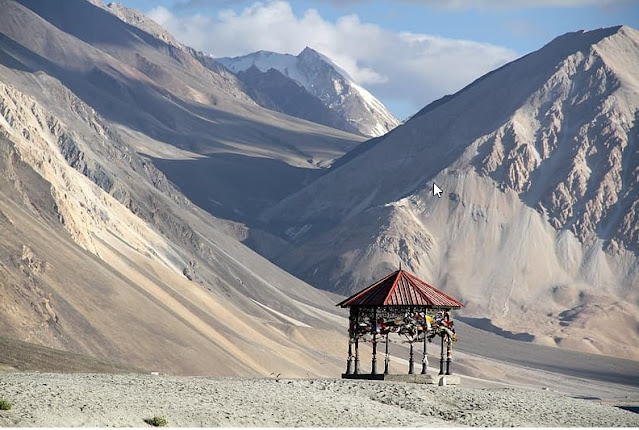India China Border Tension - Latest
Indian forces are on alert along the borders of China as well as Nepal and Bhutan.
In addition to the Line of
Actual Control (LAC), India has tightened surveillance along its border with
Bhutan and Nepal in the wake of recent tensions with China in Ladakh.
According to media reports,
the Home Ministry has alerted the forces deployed to guard the Indian border
after a high-level meeting on Tuesday.
In view of the latest
situation, Foreign Secretary Harsh Vardhan Sharangala and Army Chief General
Manoj Makand Nirvana have also postponed their visit to Myanmar. He was
scheduled to leave on Wednesday.
According to analysts, the
current tensions between India and China could last a long time.
According to sources, the
Indo-Tibetan Border Force (ITBP) has been directed to remain alert in
Uttarakhand, Arunachal Pradesh, Himachal Pradesh, Ladakh and Sikkim, while the
Sustar Seema Bill (S) deployed to guard the borders of Nepal and Bhutan SB) has
also been alerted.
The Indian Army has increased
its presence on several strategically important peaks in eastern Ladakh after
thwarting an alleged Chinese military intervention on the southern shore of
Lake Pengang. Officers and weapons have also been added to key locations around
the lake.
India on Tuesday said it had
raised the issue of alleged provocative and aggressive actions by Chinese
troops with Beijing and asked it to control troops stationed on the front
lines.
According to a Foreign Ministry statement, on August 31, when the two countries were holding commander-level talks, Chinese troops tried to unilaterally change the border, which was thwarted by the Indian Army.
China has denied the
allegations and accused India of aggression.
In a statement, Ji Rong, a
spokesman for the Chinese embassy in India, accused India of provocation and
violating China's territorial integrity and called on New Delhi to immediately withdraw
its troops who did not, Legally crossed the LAC.
He also said that India
should control the troops stationed on the front lines and refrain from taking
any steps that could further complicate the situation.
On the other hand, Chinese
Foreign Minister Wang Yi has also said that the lack of demarcation of the
border between the two countries is causing problems. However, Beijing is
committed to maintaining peace and security on the border.
Analysts say that so far
China has been trying to put pressure on India. But the way India has captured
the high peaks near Lake Pengang suggests that India is now trying to put
pressure on China.
According to observers, talks
between the two countries are failing because China insists that the two
countries' troops retreat to equal distances, while India believes that if this
is done, it will hurt India. Because India will have to retreat from its own
territory.
India does not accept China's
claim that its troops have retreated.
Professor Billy Ram, an
expert on Chinese affairs, said the June 15 clash, in which 20 Indian soldiers
were killed, took place on the northern shore of the lake and the latest clash
took place on the southern shore.
Billy Ram said that India's
occupation of the high peaks of the South Bank could lead to a new conflict
going forward.
According to him, he thinks
that what has happened is an indication that more such incidents may take place
in the coming days. This could happen in other sectors as well and more places
could become controversial.
In his view, this is a signal
from India that China will make every effort to enter Indian territory. New
Delhi will thwart it and will not allow its efforts to change the border
unilaterally to succeed.
Professor Billy Ram added
that looking at China's preparations, it seems that Chinese troops intend to
stay there even in winter. India is aware of this and so it has prepared.
He also said that the talks
held so far between the two countries have failed. So it is safe to say that
the situation is dire.
According to him, the Indian
Army is ready for any situation.
It may be recalled that
India's Chief of Defence Staff General Bipin Rawat has said that if the talks
fail, there is an alternative to military action.
The two countries also held
command-level talks on Wednesday.








0 Comments